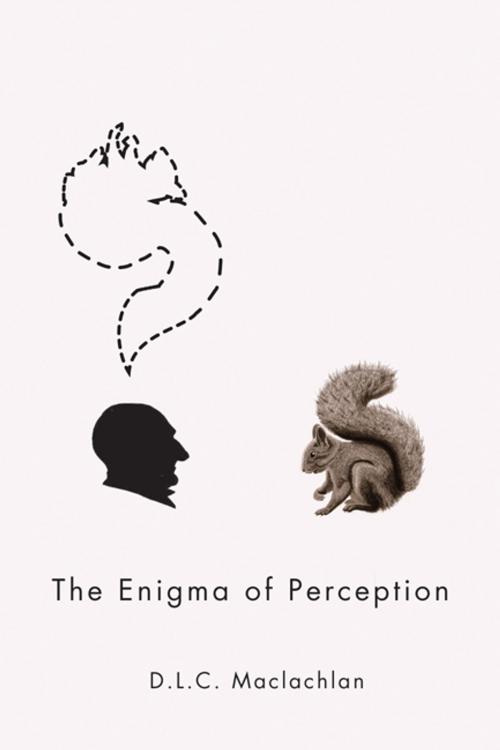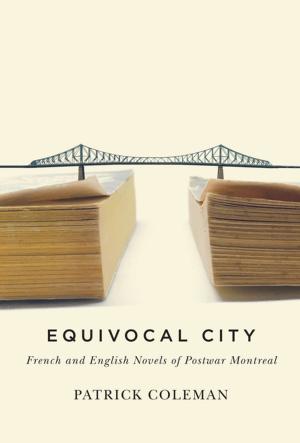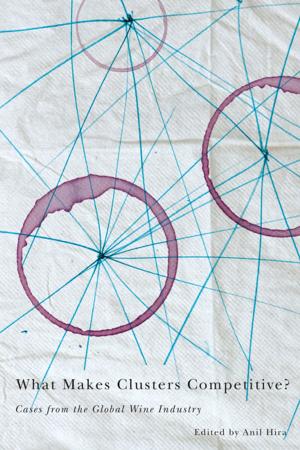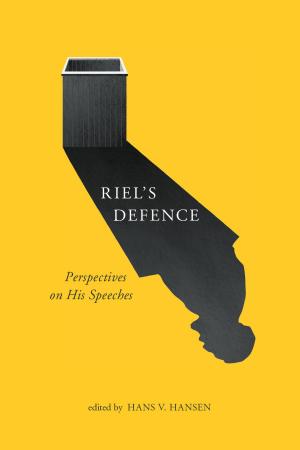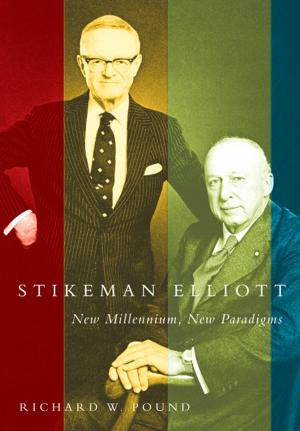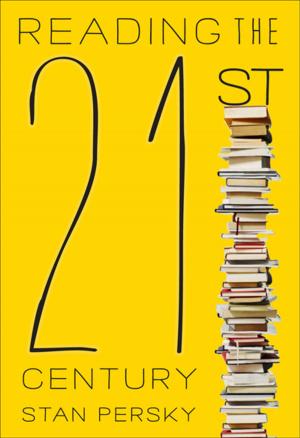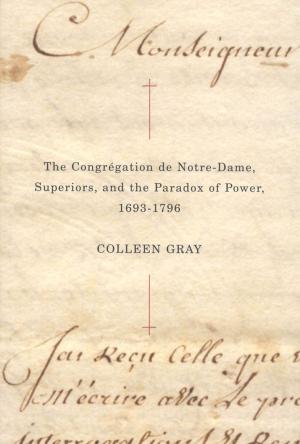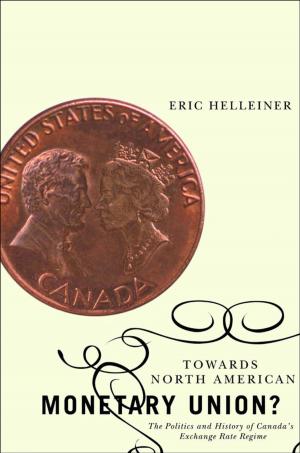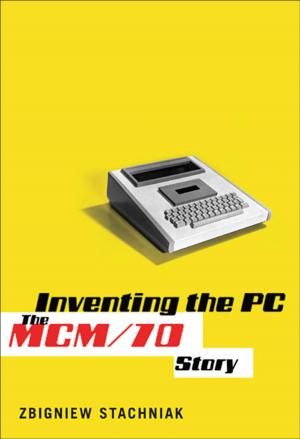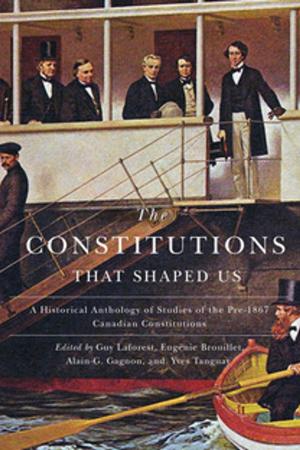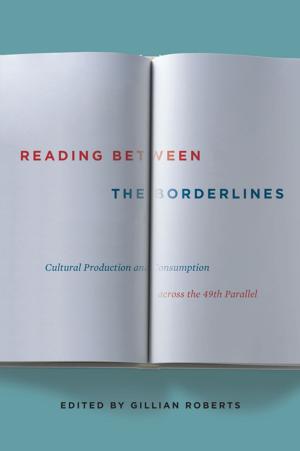| Author: | D.L.C. Maclachlan | ISBN: | 9780773588424 |
| Publisher: | MQUP | Publication: | April 1, 2013 |
| Imprint: | MQUP | Language: | English |
| Author: | D.L.C. Maclachlan |
| ISBN: | 9780773588424 |
| Publisher: | MQUP |
| Publication: | April 1, 2013 |
| Imprint: | MQUP |
| Language: | English |
How do we acquire knowledge through a sensory input from our environment? In The Enigma of Perception, D.L.C. Maclachlan revives the traditional causal representative theory of perception which dominated philosophical thinking for hundreds of years by revealing the important element of truth the theory contained. The traditional theory was not a complete explanation of perception, because it presupposed a causal system including both the physical objects and the subjective experiences. The pattern of inference from sensations to external objects, which lies at its heart, is nevertheless legitimate, because the assumptions on which it depends are generally recognized as true. The emerging enigma is how to explain this original knowledge of the world on which the traditional theory depends. The key idea is that sense experience is constructed as a response to sensory input - an act whose purpose is to represent a reality beyond the cognitive subject. The Enigma of Perception develops original ideas to explain this process in detail, with help from numerous philosophers from John Locke to David Chalmers.
How do we acquire knowledge through a sensory input from our environment? In The Enigma of Perception, D.L.C. Maclachlan revives the traditional causal representative theory of perception which dominated philosophical thinking for hundreds of years by revealing the important element of truth the theory contained. The traditional theory was not a complete explanation of perception, because it presupposed a causal system including both the physical objects and the subjective experiences. The pattern of inference from sensations to external objects, which lies at its heart, is nevertheless legitimate, because the assumptions on which it depends are generally recognized as true. The emerging enigma is how to explain this original knowledge of the world on which the traditional theory depends. The key idea is that sense experience is constructed as a response to sensory input - an act whose purpose is to represent a reality beyond the cognitive subject. The Enigma of Perception develops original ideas to explain this process in detail, with help from numerous philosophers from John Locke to David Chalmers.
